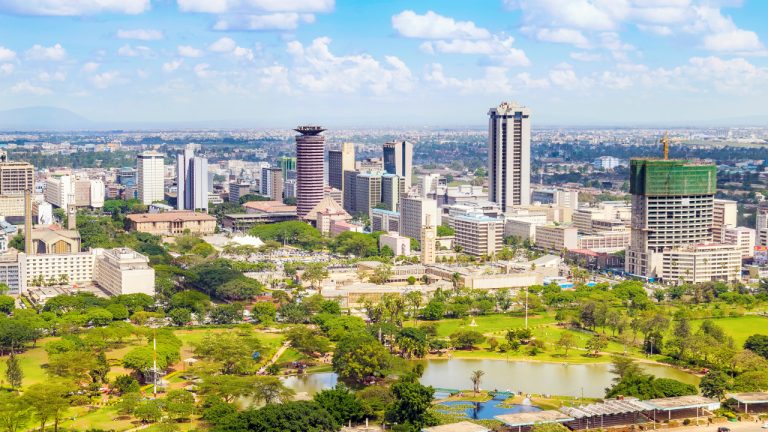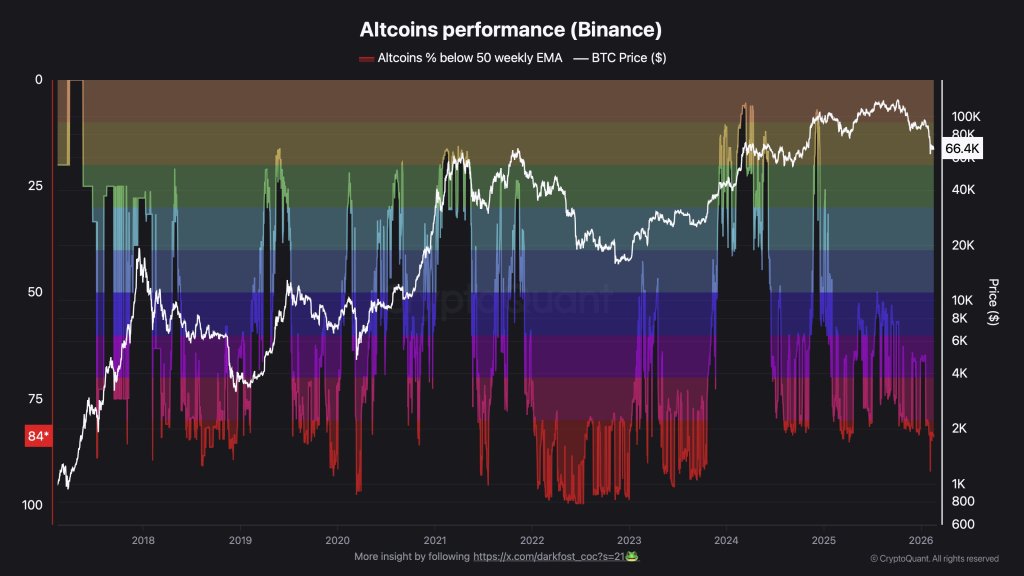2022-4-28 04:21 |
After Nigeria had instituted a crypto ban for months, the Nigerian Communications Commission (NCC), as well as academics, government officials, and technology enthusiasts, have discussed the advantages of emerging technologies such as Blockchain in boosting the economy.
Nigeria Holds Talks On Blockchain TechStakeholders agreed that efficient execution of policies as articulated in guidelines, rules, and directions driven by the NCC could be a bedrock of innovation and growth at a two-day workshop organized by the Commission in partnership with the Bureau of Public Service Reforms (BPSR).
Participants came from financial institutions, Ministries, Departments and Agencies (MDAs), academia, the Nigerian military and paramilitary forces, the Nigerian Cyberwarfare Command, and the private sector for the workshop, which took place in Abuja and focused on ‘Distributed Ledger Technology (Blockchain) Ecosystem, Decentralisation and Adoption Methods.’
Related article | Binance CEO Weighs In On Crypto Regulation, Dubai, And Crypto Ad-Ban
The workshop participants acknowledged and deeply appreciated NCC’s role in fostering a dynamic digital regulatory environment, the remarkable contribution to the growth and development of novel and emerging technologies, and NCC’s adoption of adaptive mechanisms that have enhanced emerging technologies in Nigeria.
BTC/USD trades at $39k. Source: TradingViewDr. Haru Al-Hassan, NCC’s Director of New Media and Information Security, who gave the opening speech at the event, said that existing national digital economy frameworks, such as the Federal Government’s National Digital Economy Policy and Strategy (NDEPS), 2020-2030, as well as regulatory initiatives by the Commission, have been significant enablers of Blockchain and emerging technologies in the country.
According to Al- Hassan,
“good regulatory policies are the bedrock of innovation and growth and it is the aspiration of the Commission that Distributed Ledger Technologies (DLTs) otherwise known as Blockchain and other innovative technologies and services would continue to thrive and contribute to the growth and development of Nigeria.”
In a similar vein, Dr. Dasuki Arabi, Director-General of the BPSR, told the audience that the government of Nigeria was already working on harmonizing emerging technologies with the contemporary public service sector through a number of initiatives in order to improve the efficiency of the public sector. He also stated that Blockchain would be a key component of the National e-Government Masterplan’s implementation.
The introduction of the Treasury Single Account (TSA), the Integrated Payroll and Personnel Information System (IPPIS), the Bank Verification Number (BVN), automation of enforcement activities of some government agencies in Nigeria. This includes the Federal Road Safety Corps (FRSC), and automated performance measurement systems for public sector employees are all examples of technology use in the public sector, according to the BPSR Chief Executive.
Related Reading | Netflix Orders Doc Series About Crypto Laundering Of A Couple
Featured image from Financial Times, chart from TradingView.com origin »Bitcoin price in Telegram @btc_price_every_hour
Emerald Crypto (EMD) на Currencies.ru
|
|























